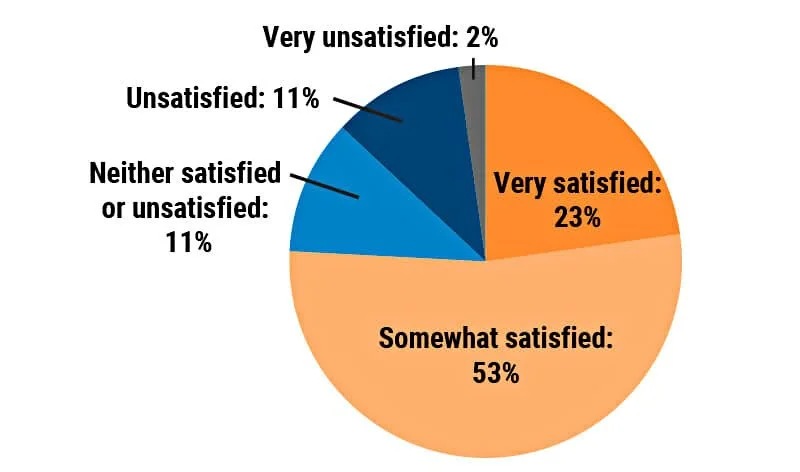Physician Job Satisfaction & Patient Care
Second only to my personal interactions with patients and office staff, on an average day my most frequent contact is with other doctors. My impression over the past few years is that we doctors have a morale problem. How can we improve patient care when our job enjoyment decreases?
Why are physicians reporting declining satisfaction? Triple threats of cost cutting, down-skilling and productivity pressures have made doctors feel marginalized in the US medical system. The introduction of electronic medical records (EMR) has actually distracted usfrom patient care, not improved it.
A 2014 survey of 20,000 physicians, commissioned by The Physicians Foundation, reports that 56 percent of physicians describe their morale as negative:
...patient relationship and intellectual stimulation ... always have been the two most satisfying aspects of medical practice. Yet, healthcare has become over-regulated, overly bureaucratic and overly administered by non-physicians. This has created an increasingly dispirited cadre of physicians being forced to implement ill-conceived rules and regulations that do not benefit the patient and unnecessarily increase the cost of care.
More than half of doctors surveyed frequently report feeling emotionally exhausted from work and indifferent about patients they serve. Not a good way to improve patient care. Time Magazine notes that studies have linked physician burnout to a rise in unprofessional behavior, a drop in patient satisfaction and a greater chance that a doctor will make a major medical error. Feeling thwarted in your chosen profession has contributed to doctors having the highest rate of suicide of any profession.
Discontent has other consequences for patients. There is an increasing shortage of doctors, especially what I do (primary care), which has the lowest reimbursement of all the medical specialties and the most dissatisfied practitioners. This trend is coinciding with the most significant increase in Medicare patients (the post WWII Baby Boom generation) in the history of the program; between 2010 and 2050, the United States population ages 65 and older will nearly double. Lack of access to primary care has already created burdens on ER care.
Improving Patient Care by Supporting Physicians
Most if not all physicians say the best part of their jobs is taking care of people. The solution for doctors coping with the stresses of healthcare today is deciding what is important to you, and fight for what you believe in. Knowing that I'm providing the highest level of care for my patients makes my job rewarding, a huge stress reliever for me. So I ask my patients to understand when I won't change to the cheaper drug your pharmacist or drug plan says you can take, skip important screening tests or exams, or use an inferior facility or specialist.
Patient's can help their physicians with better time management and involvement in their own care. And when you feel as frustrated as some of your doctors do, please don't hesitate to take on the ogres in government bureaucracy and health insurers that beset patients and doctors.

